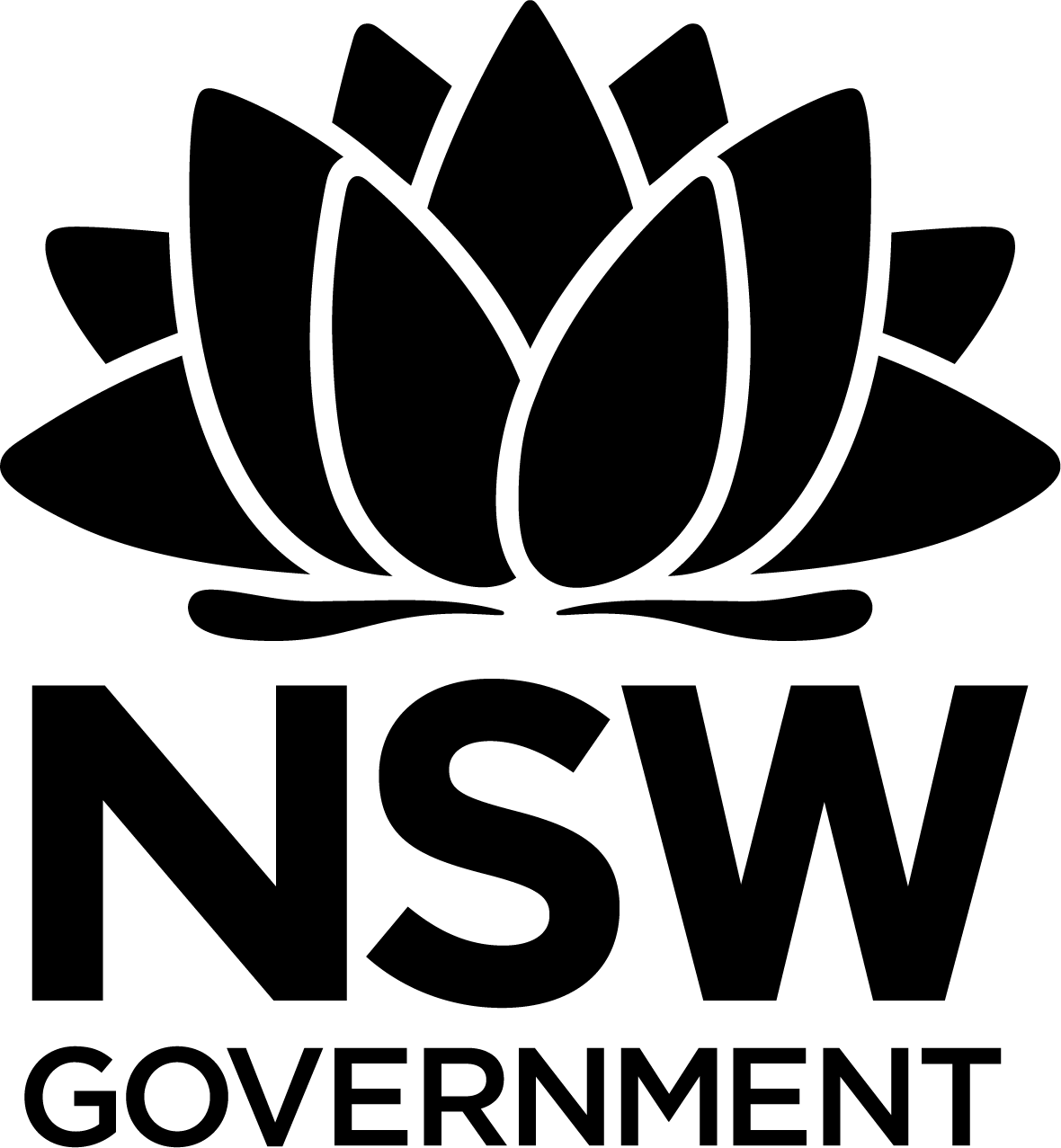
Crown land manager resource
- Home
- Using Crown reserves
- Leases and licences
- Finding a tenant—Public competition or direct negotiation
Explore this section
Finding a tenant—Public competition or direct negotiation
Back to Leases and licences
Action required: EPA investigation into asbestos in mulch
Crown Lands is seeking information from non-council Crown land managers regarding any use of imported mulch on the Crown reserves they manage.
Finding a tenant—Public competition or direct negotiation
Crown land managers (CLMs) are encouraged to undertake a public competition, or expression of interest, process to select tenants. This ensures that anyone is able to lodge their interest for access and use of Crown land, and that the process is fair, equitable and transparent.
In some circumstances it may be more feasible and suitable to arrange tenure directly with a particular tenant. Direct negotiation may be appropriate where:
- the proposed tenure holder is not-for-profit and is a community service, charitable, sporting, recreational or government organisation that seeks to deliver a service or provide an activity that is of benefit to the general community
- the annual market rent for the proposed tenure is less than the anticipated cost of conducting a competitive process
- a current tenure holder is seeking to renegotiate the tenure agreement and there is no substantial change in expectations of the use of the site, and the CLM has received no other interest from another party
- the proposed tenure is of a unique nature, and the proponent is the only organisation that can feasibly use the Crown land for the purpose, for example, a Surf Life Saving Club or an Agricultural Show Society
- the proposed tenure relates to an emergency service to protect public health and safety e.g. NSW Rural Fire Service, NSW State Emergency Service
- the proposed tenure provides an essential service or benefit to the community e.g. utility service
- a previous competitive process failed to identify a successful tenant, and it is considered that repeating the process will produce the same result
- the Crown land is feasibly only of material benefit to the proposed tenant (and no one else) due to its geographical location or other limiting factors.
Commercial tenants
Commercial uses must be consistent with the reserve purpose and should not overpower or dominate the reserve. Commercial uses should not result in exclusivity for individuals, groups or clubs.
Examples of commercial activities consistent with a reserve purpose include:
- a kiosk at a recreation reserve or playing field operated by a sporting club or its contractor
- a pro shop at a golf course
- hiring of equipment to be used on the reserve.
A commercial operator will generally keep the financial profit of conducting the business, therefore market rent must always be sought for commercial tenures and no rebates should be applied.
Commercial tenants may seek the security of a long-term tenure agreement before investing into improving, or purpose fit-outs, of the Crown reserve.
Community (non-commercial) tenants
A community or not-for-profit organisation or group conducting in-kind activities for the local and wider community is considered a non-commercial tenant.
Examples of community tenants include:
- men’s sheds
- Meals on Wheels
- Country Women's Association.
Sign up for our eNewsletter to receive updates.
This Crown land manager web resource was printed on 27 Jul 2024. The information contained in this web resource is based on knowledge and understanding at the time of writing Jul 2024. However, because of advances in knowledge, users are reminded of the need to ensure that the information upon which they rely is up to date and to check the currency of the information by referring to the website (www.reservemanager.nsw.gov.au).
© State of New South Wales through Department of Planning, Industry & Environment 2024.
Page link: https://reservemanager.crownland.nsw.gov.au/using-crown-reserves/leases-and-licences2/finding-a-tenant-public-competition-or-direct-negotiation
- Home
- Using Crown reserves
- Leases and licences
- Finding a tenant—Public competition or direct negotiation

